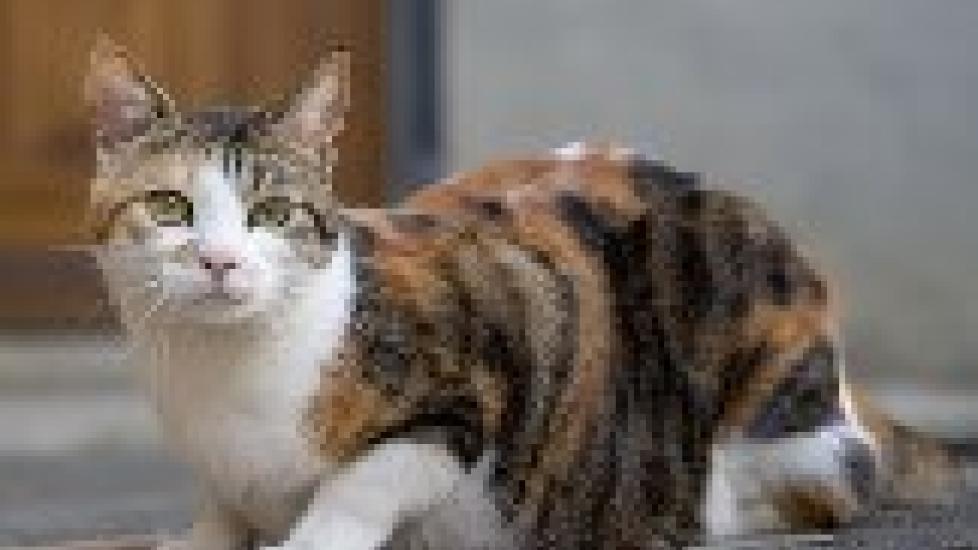Vaccinating Against the Feline Immunodeficiency Virus (FIV)
This installment of our feline vaccination series is all about the feline immunodeficiency virus (FIV). I consider this vaccine to be situational … bordering on not recommended. In my 15 years of veterinary practice, I can only recall giving it to two cats.
First some background on the disease. The feline immunodeficiency virus is transmitted primarily through bite wounds, so cats that go outside or live in an uneasy alliance with infected housemates are at greatest risk. A much smaller risk is associated with sharing food bowls, mutual grooming, or any activity that could expose an uninfected cat to an infected cat’s saliva. The virus can also be transmitted through the placenta from an infected queen to her kittens.
FIV infection weakens and eventually destroys a cat’s immune system. Cats with advanced FIV infections are at high risk for potentially fatal bacterial, viral, and fungal infections and some types of cancer. So much for establishing the serious nature of FIV; what about its prevalence? A study of data collected in 2010 from 62,301 cats seen at veterinary clinics and animal shelters in the United States and Canada revealed an FIV infection rate of 3.6% (12.8% in cats with abscesses). The same study found a feline leukemia virus prevalence rate of 3.1%, so it’s safe to say the two diseases are of similar importance.
Now you may be wondering why, given the severity and incidence of FIV infections in cats, I’ve only given the vaccine to two cats during my entire career. My first response is fairly straightforward … I don’t have much confidence that it is effective. The feline immunodeficiency virus can be divided into five different subtypes (clades), three of which are seen in the United States. The vaccine contains only one of these subtypes. The manufacturer states that some cross protection exists, but the vaccine doesn’t appear to be very good at preventing infections, no matter what strain of the virus a cat comes in contact with.
My next reason for avoiding the vaccine is the fact that it contains an adjuvant. Adjuvants are substances added to vaccines that increase the body’s immune response to them, but in cats they have been linked to the formation of injection site sarcomas, a rare but very aggressive type of cancer.
Finally, the antibodies that a cat develops after being vaccinated against FIV are indistinguishable from the antibodies that form due to natural infection, which means that vaccinated cats appear to be “positive” for the disease on screening tests and on a Western Blot, which is sometimes used to confirm the results of a screening. A polymerase chain reaction (PCR) test can differentiate between a FIV infected and vaccinated cat but these tests are not always (rarely?) run.
So why did I vaccinate those two feline patients of mine? In both cases, they lived with infected housemates. All the cats used to be indoor-outdoor, but when the diagnosis of FIV was made, they became indoor only, which increased the incidence of spats between housemates. After long conversations with the owners, we decided that this was one of the few situations where the potential benefit of the FIV vaccine outweighed its risks.

Dr. Jennifer Coates
Image: Rene / Flickr
